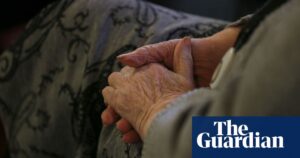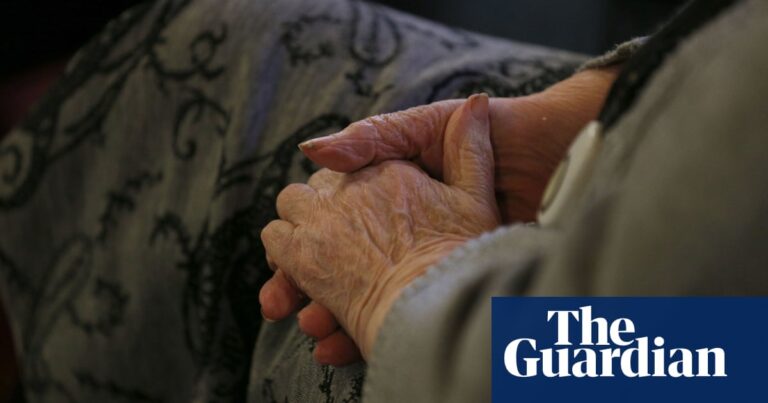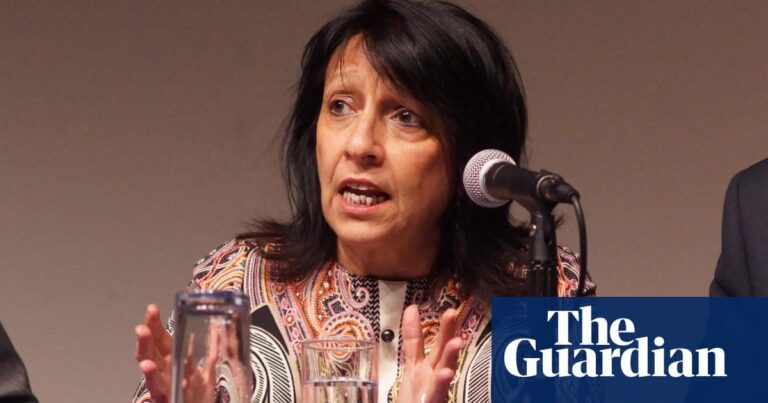
A woman has lost a court of appeal challenge over her name being removed from a child’s birth certificate after her ex-wife admitted she secretly had sex with their sperm donor.
The “unprecedented” and “unusual” case centred on the question of who were the legal parents of a girl, now aged six.
The child, referred to as X, was born amid an “informal conception arrangement” between two women and a man they met through an online advert, judges were told.
The couple, referred to as P and Q, met the man, F, for the first time in a pub in late 2016, hoping to find a sperm donor to impregnate P.
The women “formed a favourable impression of him” and the three of them then signed a sperm donor agreement, agreeing to use artificial insemination.
When two artificial attempts failed, the court heard how P contacted F for support and the pair had sex. P had been “very upset and depressed” about the lack of success and arranged to meet him at her parents’ house while they were abroad. She found him “friendly and sympathetic” and initiated the intercourse, a court was told.
P and F had sex three times at her parents’ house, unknown to Q, with the third time coinciding with a third artificial insemination attempt. Judges said it was “impossible to know which method of insemination led to [the child’s] conception”.
P and Q later divorced and, amid disagreement over the care of the child, P revealed the truth about her encounter with their donor, and secured a court declaration earlier this year that F was the child’s legal parent.
In her ruling in April, Mrs Justice Knowles said the case was “a cautionary tale about the consequences for a child and for a same-sex couple of both deceit as to how that child came to be conceived and the unreliability of informal arrangements for artificial insemination”. She added: “The fallout from this couple’s separation has been devastating for each of them and for their named sperm donor.”
She concluded that, on the balance of probabilities, while Q had not consented to sex between P and F, the method of the child’s conception was “unclear”.
This meant Q could not be considered a parent under a law that grants it to the wives or civil partners of women who give birth via artificial insemination.
Q, who faced the “painful situation” of being replaced on the child’s birth certificate, appealed against the decision at a hearing in London this month.
In a written judgment on Friday, Lord Justice Jackson, who heard the case alongside Lady Justice Davies and Lord Justice Arnold, said the challenge should be dismissed.
Lawyers for Q argued it was for P to show that the child was not conceived as a result of artificial insemination.
They told judges the previous ruling undermined the law “by encouraging anyone seeking to exclude a wife or former partner from parenthood to raise questions regarding the conception of the child and place an almost impossible burden of proving artificial insemination on the non-genetic parent”.
after newsletter promotion
P’s legal team said scientific testing showed F was the genetic father, meaning the court had to declare paternity in his favour because it could not be proved that the law on artificial insemination applied.
Jackson said that “in the unusual circumstances of the case”, Q had not proved that the legislation applied.
He added that the “outcome is a hard one” for Q and “perhaps for X”, adding that the informal conception arrangement came with “inherent risks”.
He said: “X exists because P and Q wanted her, and F was at that time no more than a means to an end. It may therefore seem strange that her parentage should be determined by the way in which she was conceived but, in this area, a line must be drawn somewhere.”
In his conclusion, the judge said: “It is understandable that there should be anxiety about the disturbance that can be caused to accepted relationships by later assertions about the means of conception, whether well-founded or mischievous.”
He said such situations “can arise in all walks of life” and that “whatever the family situation, the court will scrutinise the evidence and reach its conclusion in the normal way”.
He said that after a separate welfare hearing a judge had given all three adults parental responsibility for the child.
Source: theguardian.com


















